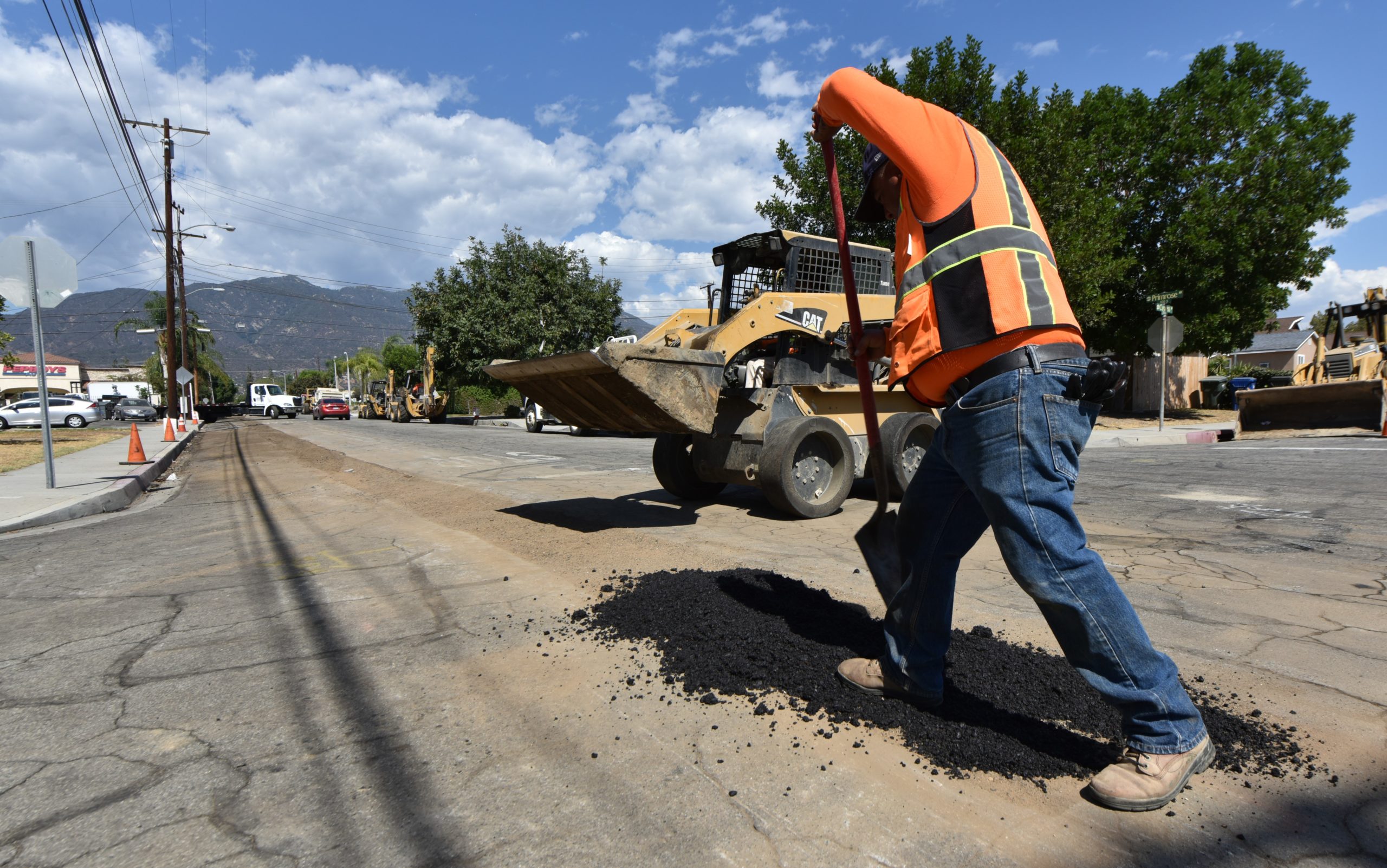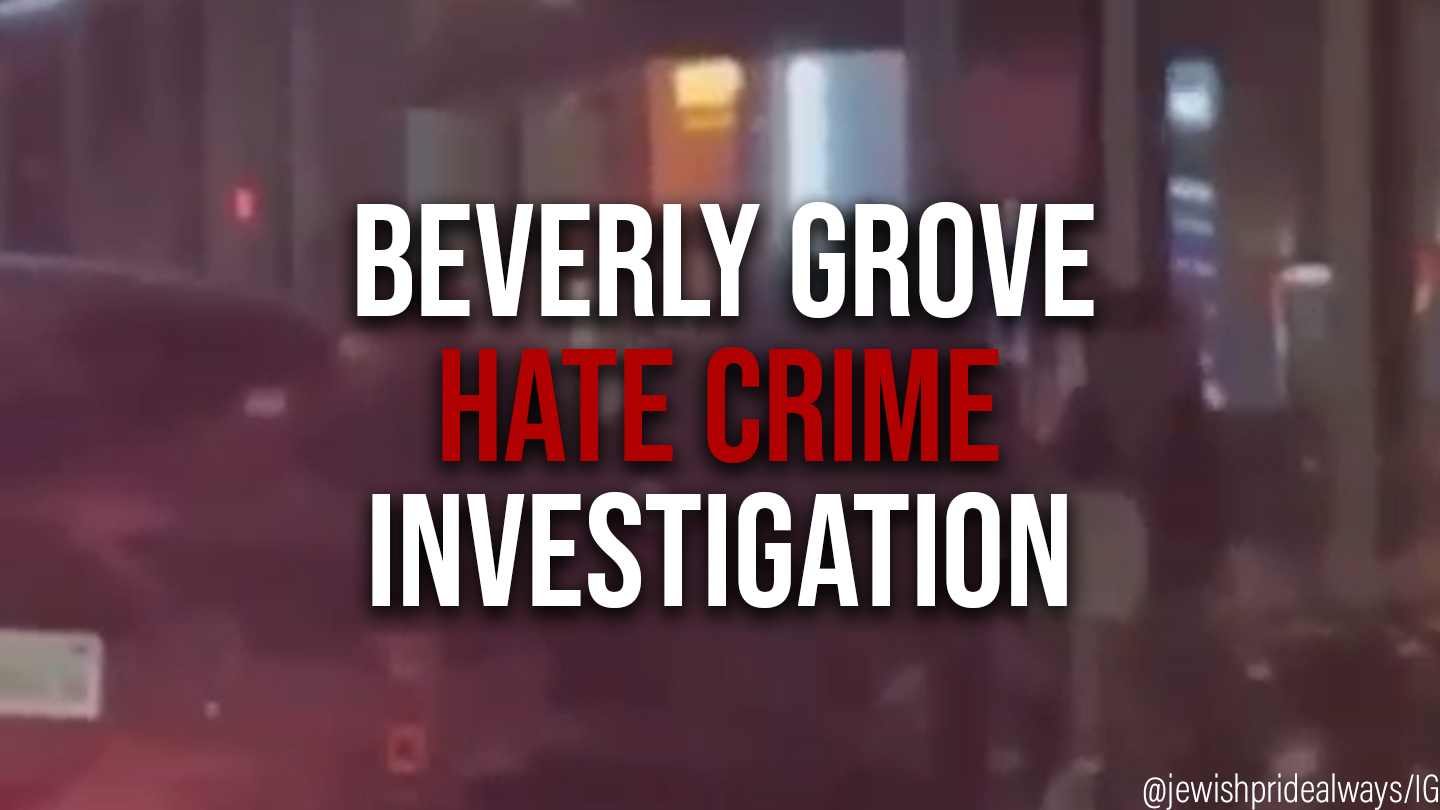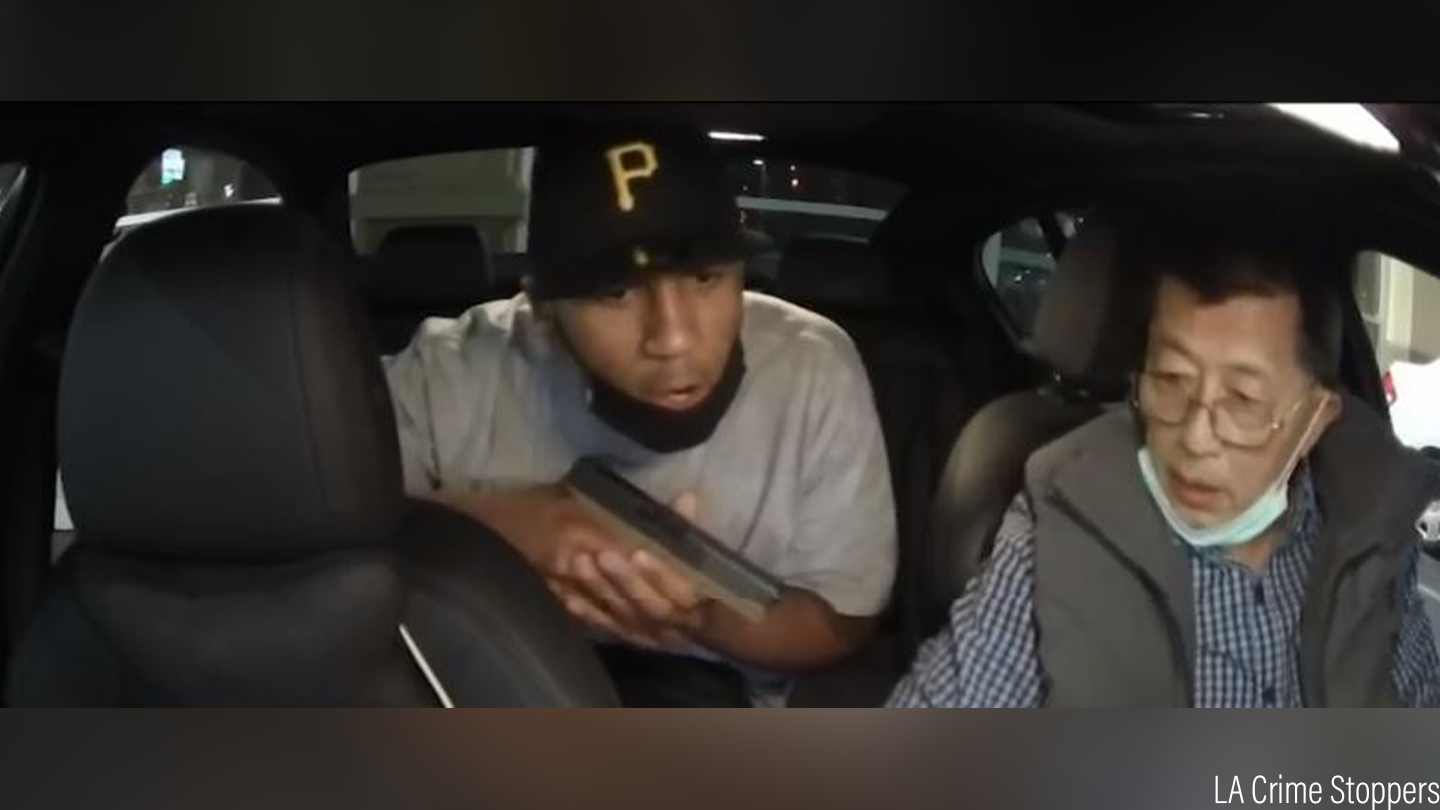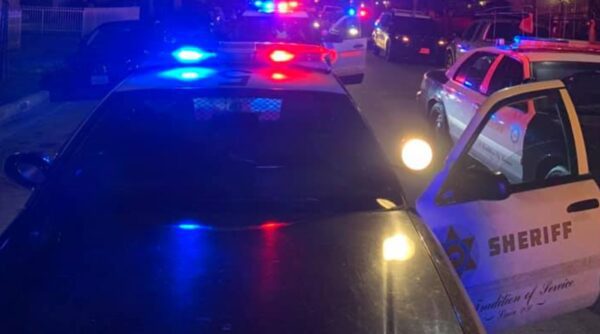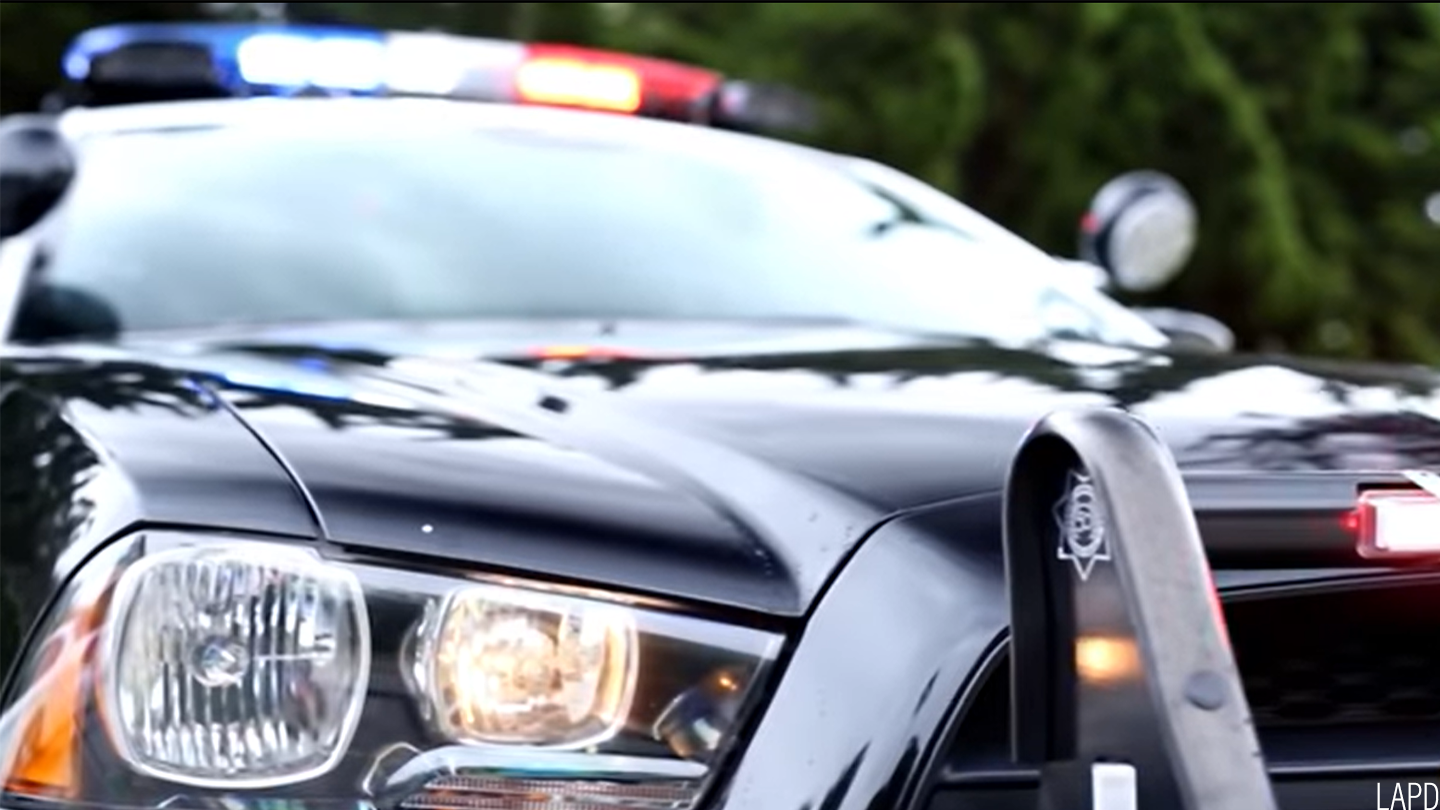Hire Path Funds sent to South Bay Workforce Investment Board
Last week we published a front-page story on Monrovia leaving Foothill Workforce Development Board (FWDB) to opt for a county program due to what the city perceives as ineffective operation. Beacon Media had filed a public records request and finally received some answers after we published the story.
However, there remain unanswered questions concerning the number of people the program has helped in relation to the grant and other monies that the FWDB received. One concern is over a situation where money was transferred to an agency called South Bay Workforce Investment Board (SB WIB), outside of the jurisdiction of the Joint Powers Agreement.
On May 18, 2020, the executive director of the FWDB, Dianne Russell Carter, sought approval for the Pasadena City Council to transfer $1.5 million of federal Hire Path funds earmarked for residents of the six cities served by the FWDB to the SB WIB without getting the FWDB Policy Board approval for the transfer.
Paul Little, president of the Pasadena Chamber of Commerce, provided a public comment and stinging rebuke of the transfer that was read at the time of the vote. “These contracts have driven me crazy for 17 years. The Foothill WIB [the previous name for the FWDB] contracts with South Bay for training services for large amounts of money with not a lot training received. … It would make more sense to spend the money locally.”
The Pasadena City Council approved the transfer in a vote of 7-1.
This transfer of Hire Path funds has become another important factor as to why the City of Monrovia is submitting a Local Area Modification application to leave the FWDB Local Area and move to the Los Angeles County Workforce Development Board (WDB) Local Area, according to Monrovia City Councilmember Larry Spicer.
“That money could have helped my constituents and residents in the six cities. Instead, the money was sent to a Workforce Development Board in Hawthorne. The people who could use this money can’t get to Hawthorne, or don’t even know where it is,” said Spicer.
In spring 2020, the FWDB received $2 million in funds from Additional Assistance Hire Path, a grant from the U.S. Department of Labor that was to run from April 1, 2020 to March 31, 2021. According to Russell Carter’s May 18, 2020 presentation to the Pasadena City Council, these funds “Were intended to provide training and support services to individuals dislocated by the COVID-19 virus with special efforts to serve hospitality workers from Unite Here Local 11.”
The six cities served by the FWDB are Arcadia, Duarte, Monrovia, Pasadena, Sierra Madre, and South Pasadena. Instead of serving residents of these six cities, $1.5 million of Hire Path funds, or 75% of the total grant, was transferred to the SB WIB because, according to Russell Carter, the SB WIB “Operates the Intra-State Training Resource (and Information) Network (ITRAIN).”
However, the I-TRAIN system has existed for over a decade and is a system all Los Angeles County Workforce Development Boards and their clients have used during that time.
“Saying that you are sending South Bay WIB $1.5 million because they operate I-TRAIN is like saying you should pay me a million dollars to drive across the Colorado Bridge in Pasadena every day. The system already exists and is used. Why does the Foothill Workforce Development Board need to pay South Bay WIB $1.5 million from this Hire Path grant for a system that is already operational?” said a source who wished to remain anonymous and who frequently uses I-TRAIN in working with the County Workforce Development system.
Also, Russell Carter did not get approval from the FWDB’s governing Policy Board to transfer the $1.5 million to the SB WIB, according to a review of 2020 Policy Board agendas and minutes on the FWDB website.
The FWDB is an advisory board “Comprised of business owners, corporate executives, local educational organizations, labor unions, economic development agencies, government entities and community-based organizations,” according to its website. The FWDB is governed by the Foothill Employment and Training Consortium (FETC) Policy Board comprised of elected officials from the six cities that are part of the Joint Powers Agreement that created the FETC and the FWDB, according to Spicer.
“In August of 2020, we (the FETC Policy Board) approved the Foothill budget for Program Year 2020-21,” said Spicer, who is also the vice chair of the FETC Policy Board. “But there was nothing on the agenda that said that $1.5 million of Hire Path funds was being transferred to another Board. And we were never told that three months earlier the Executive Director advocated for that transfer and received it from the Pasadena City Council.”
In her July 22, 2020 agenda report to the FWDB, Russell Carter in her professional capacity not only did not mention the transfer to SB WIB, but said the $2 million in Hire Path funds would be used to serve individuals in the region.
“The state approved Foothill Workforce Development Board request to modify the Additional Assistance grant to provide training and supportive services to 800 additional individuals dislocated by the COVID‐19 virus. We modified the budget to increase the funding by $2 million to meet these objectives,” she stated in her agenda report.
Spicer made it clear he did not blame the Pasadena City Council for approving the transfer of $1.5 million to SB WIB. “The workforce development system is very complex and confusing. The Pasadena City Council was relying on Ms. Russell Carter’s explanations when they approved the transfer. They would not have done this without Dianne telling them to do so,” said Spicer.
It was during the May 18, 2020 meeting that Russell Carter convinced the Pasadena City Council to transfer the $1.5 million to SB WIB. The meeting can be seen at: pasadena.granicus.com/MediaPlayer.php?view_id=25&clip_id=4878.
This meeting also exposes a glaring contradiction in governance over FWDB expenditures.
In the meeting, Council Member John Kennedy attempts to procure funds for a nonprofit in his district from the Prison to Employment Initiative Grant Program (P2E), a different state grant in the amount of $258,222 that was awarded to the FWDB and six other regional Workforce Development Boards. The P2E grant was intended to provide paid work experience, training and support services to formerly incarcerated individuals and their families. Accepting these $258,222 of P2E funds was on the same Pasadena City Council agenda item as the Hire Path funds transfer to SB WIB.
Kennedy attempted to procure some amount of the P2E grant funds for the Flintridge Center, which works with reentry individuals, because as he noted, “This council has made the decision this particular nonprofit does extraordinary work.” Kennedy said the organization was doing a good job with services and compliance so, “…it seems like we need to help them do a better job by allocating additional resources.”
Kennedy’s efforts to obtain a commitment of one-sixth of the P2E funds for Flintridge were ultimately unsuccessful and he ultimately was the lone vote who did not approve the transfer to SB WIB.
Vice Mayor Tyrone Hampton told Kennedy, “It would take all six cities (of the FWDB) to agree upon that.”
Council Member Victor Gordo (now mayor) during the meeting then said, “We can’t just change the funding allocations in a way that usurps the WIB Board’s (FETC Policy Board) decision making.”
However, the vote to transfer $1.5 million of the Hire Path funds did just that.
“Why can the Pasadena City Council not control the Prison to Employment allocation, but they can bypass the FETC Policy Board and send $1.5 million to the South Bay WIB? You cannot have it both ways, but that was how Ms. Russell Carter advised the council to act,” argues Spicer.
Losing access to those funds and the lack of transparency about the decision is “Just another reason why Monrovia would be better served by the Los Angeles County Workforce Development Board,” said Spicer.
The executive director of Pasadena Chamber of Commerce told Beacon Media News last week:
“I used to sit on Boards for the WFDB and constantly objected to the deal with South Bay. I really think the money should stay here and training should be contracted with Pasadena City College. It is millions of dollars each year and very few people seem to actually get trained.
“It is not that the system is corrupt as much as it is inefficient and produces few results for the investment. I expect Monrovia just got tired of the status quo and wants to see if they get better results from the L WDB. I do not know that they will.
“There have been efforts in Congress to kill the SBDC [Small Business Development Centers] program because across the nation the results are abysmal. Few people anywhere actually get a job after working with the WDB.”
In that fiery May 18 meeting, Kennedy questioned the use of South Bay and the allocation to Flintridge Center’s Prison to Employment program which is a path forward for previously incarcerated people.
During the meeting, Councilman Steve Madison grew weary of the time spent on the issue and repeatedly interrupted Kennedy’s time on the matter.
Beacon Media has repeatedly requested comment from Councilman Kennedy and Russel Carter. Specific questions have gone unanswered, and a second Public Records Request has been filed by this newspaper.
Beacon Media received a letter from Sierra Madre Mayor, Rachelle Arizmendi earlier this week regarding a 9-page letter she sent to area council members of Duarte, Arcadia and Monrovia late September 2020, regarding this issue.

